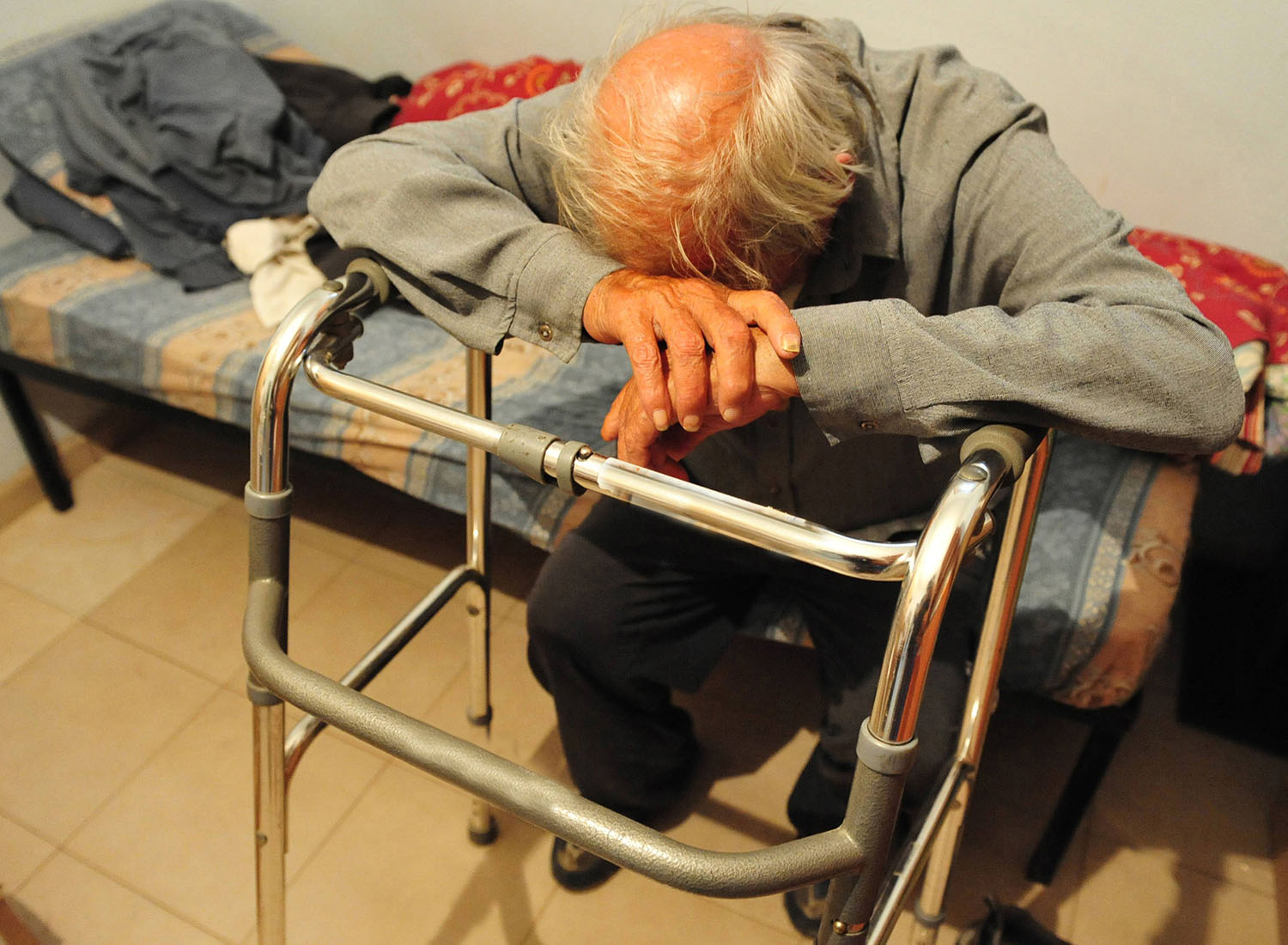
Inequalities in Care
How does care and caring affect our lives?
Everyone’s lives will be touched by care and caring at some point. We’re interested in the ways that people and families are affected by the care that they provide or receive. This could be through the unpaid care they provide to loved ones, friends or neighbours; or as part of their jobs as a care worker.
- We’re interested in understanding the good and bad ways that people are affected in the important roles that they play for the most vulnerable in society. People are affected in many ways and every experience is unique. We want to understand the variety of care and caring experiences across a broad range of topics that are central to our lives, such as health and happiness, education and employment, and friendships and relationships.
- Our experiences of care also differ and are shaped by where we live and the stage of life we begin our caring journeys. Exploring the importance of place and time are therefore central to our understanding of the impact that care has on our lives.
- The way that social care is funded and provided also impact our lives. It means we need to understand how people find information about the support they can get, and how they provide or finance the care that they need. We need to understand how people can be better supported to make decisions about the care they need or provide, and the ways in which providers and employers can do their bit to make things better, too.
- We are also interested in understanding who needs care and the quality of care that is received. This will enable us to plan more effectively for the future and understand how care can be improved.
- Most importantly, we want to know what we can do to improve the situation for people and provide the evidence and tools that can support people to live the lives they choose.
Commentary on Inequalities in Care
Commentary pieces relating to Inequalities in Care team

QAR-Net Care announces its second workshop, submit your papers!
Read More about QAR-Net Care second workshop: Call for papers
Professor Nathan Hughes responds to the UK Government’s 2025 Spending Review in relation to children’s social care.
Read More about Can New Money Shift Old Systems? What the 2025 Spending Review Might Mean for System Change in Children’s Social Care
The Centre for Care team respond to last week’s 2025 UK government Spending Review.
Read More about Left on the Back-Burner: Adult Social Care and the 2025 Spending Review
The launch of our unpaid care dashboard is on 11th June 2025.
Read More about Join us for the launch of the Unpaid Care Dashboard!
Recent Publications
A selection of recent publications from the Inequalities in Care team.
Members
The Inequalities in Care team is led by Professor Matt Bennett at the University of Sheffield.













